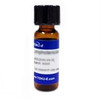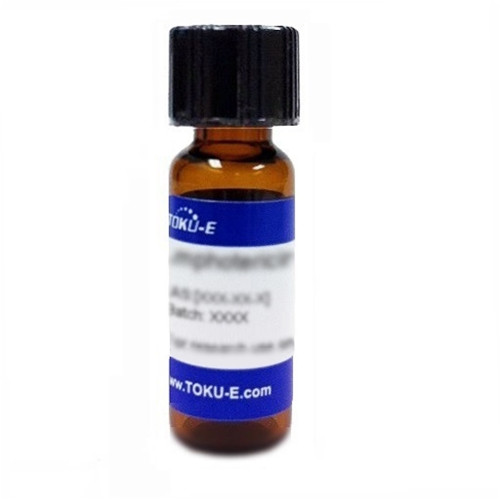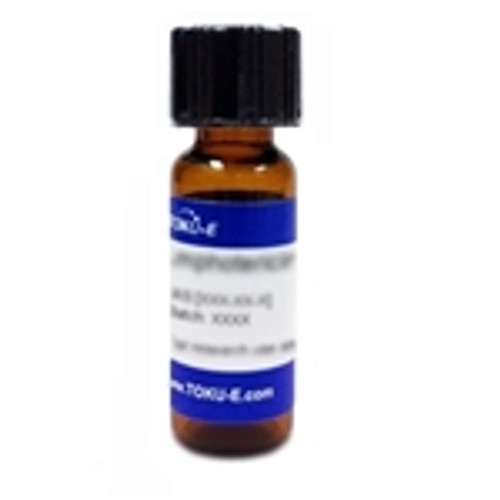Amicoumacin B is a complex antibiotic and isocoumarin produced by Bacillus subtilis. This natural product, a fungal metabolite, is a quorum-sensing inhibitor with activity against Chromobacterium violaceum. It reduces the expression of C. violaceum operons vioA, vioB, VioD, and vioE but increases expression of bioC which indicates quorum sensing inhibitory activity. Its analog, amicoumacin A, has strong anti-inflammatory and anti-ulcer properties in animal models, along with anti-cancer properties. Amicoumacin B is composed of a hydroxyl group and an ester linkage between the hydroxycarboxylic acid moiety and the amino moiety. Amicoumacins belong to a class of dihydroisocoumarin natural products with different members having antibacterial, antifungal, anticancer, and anti-inflammatory activities. The term isocoumarin means these compounds are isomeric to coumarin, which was isolated in 1820 from the tonka tree (formerly Coumarouna odorata). The isocoumarin scaffolds are useful biologically active compounds. Amicoumacin B is soluble in methanol or DMSO.
| Molecular Formula | C20H28N2O8 |
| Mechanism of Action | Docking experiments indicated that Amicoumacin B may act as an inhibitor of violacein biosynthetic pathway competitively inhibiting the binding of flavin adenine dinucleotide (FAD) with the vioD enzyme. |
| Microbiology Applications |
Amicoumacin B is a quorum-sensing inhibitor against Chromobacterium violaceum (MIC=250 ug/ml). With the aid of auto-inducers (AIs), quorum sensing (QS) regulates bacterial virulence factors through cell-to-cell signaling networks. QS strategies could help to combat antimicrobial resistance via regulation of the expression of efflux pump genes and inhibitiion of bacterial invasiveness and infectiousness.
|
| Eukaryotic Cell Culture Applications |
Amicoumacin B increases expression of bone morphogenetic protein 2 (BMP2) in MG-63 cells. Amicoumacin B has the potential to increase osteoblast activity. |
| Cancer Applications |
|
| References |
Itoh J et al (1981) Amicoumacin- A, a new antibiotic with strong Anti-inflammatory and antiulcer activity. J. Antibiot. 34:611 Naga NG, El-Badan DE, Ghanem KM et al (2023) It is the time for quorum sensing inhibition as alternative strategy of antimicrobial therapy. Cell Commun. Signal 21:133 Park HB, Perez CE, Perry EK, Crawford JM (2016) Activating and attenuating the amicoumacin antibiotics. Molecules. 21(7):824 Pinchuk IV et al (2002) Amicoumacin antibiotic production and genetic diversity of Bacillus subtilis strains isolated from different habitats. l. Res. Microbiol.153:269 Prokhorova IV et al (2016) Amicoumacin A induces cancer cell death by targeting the eukaryotic ribosome. Sci Rep. 6:27720 PMID 27296282 Shi WP, Zeng H, Wan CX, Zhou ZB (2020) Amicoumacins from a desert bacterium: Quorum sensing inhibitor against Chromobacterium violaceum. Nat. Prod. Res. 35(23):5508-5512 PMID 32640925 Sun W et al (2009) Nocardia jinanensis sp. nov., an Amicoumacin B-producing actinomycete. Int. J. Syst. Evol. Microbiol. 59(2):417-420 Zhao-Yong Y et al (2008) Study on the effect of Amicoumacin B on up-regulating bmp-2 transcription and expression in MG63 cells. Chin. J. Antibiot. 33(4):203-205 |








